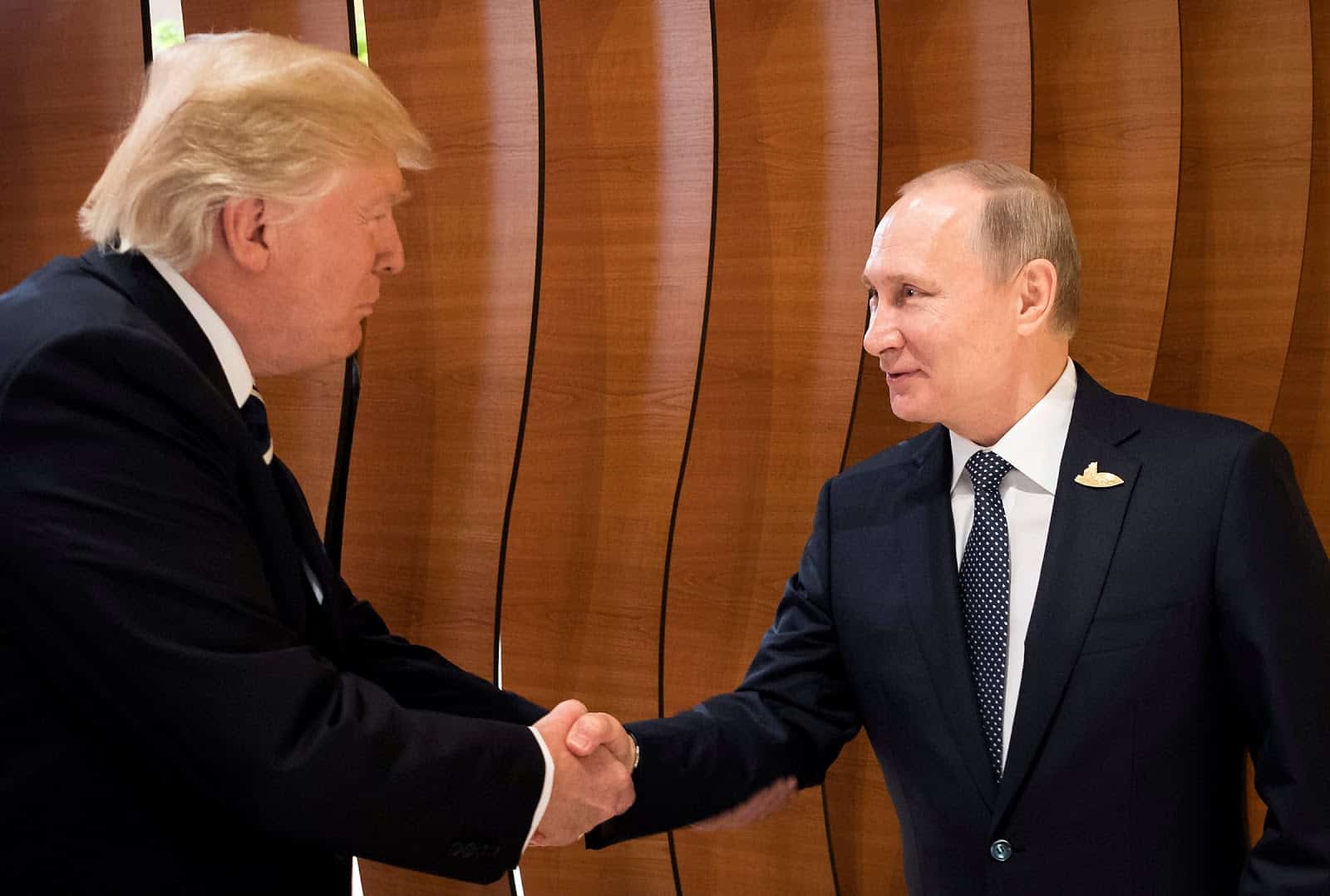The default news story these past two years has been the latest development in the Congressional investigation into the extent of Russian influence and/or interference in the 2016 U.S. presidential elections. Allegations include Russians creating fake online profiles to troll social media, Russians hacking the Democratic National Committee to obtain personal emails from the Clinton campaign, and the Russian government itself authorizing any or all of these activities. Further questions seek to find out to what extent the Trump campaign (and President Trump himself) accepted and/or sought such assistance.
What if, just for a few minutes, we consider the possibility that focusing on the massive splinter in the eyes of Russians has blinded us to the beam in our own eyes? What if the biggest threat to our democracy isn’t the integrity of our elections in the face of alleged foreign attacks but rather the integrity of the values we the People inject into our democracy?
I’m not saying what Russians allegedly did aren’t threats to our democracy – they are. The government does indeed have a duty to investigate all allegations of illegal activity. Even if we address these concerns, however, what I think we need to be honest about as residents of a representative democracy is how the values we bring to the polls pose a bigger threat, having the potential to compromise the desirability of democracy altogether.
At the heart of the problem is our blind acceptance that the highest law of the land is the United States Constitution. The Constitution, as with any human-created law, by itself cannot define what is right or wrong. Human-created laws in a democracy only have the force of law, because the majority decided them to be so (either directly or through representatives). The argument “the majority decided it should be this way,” however, is as unsatisfactory a justification for why we ought to (not) do something as when a parent tells a child to (not) do something “because I said so.”
Authentic democracy cannot exist if each person gets to decide what is true and hopes that the majority agrees. If all we have are human-made laws, democracy becomes another system in which the strongest gets his way. If you yell the loudest, publicly shame others the most, and outspend your opponents, then you can pass the laws that align with your truth. Society turns into the perpetual us vs. them zero-sum struggle that we’ve seen on steroids the past two years.
If no law we create by itself can define what’s right and wrong, does that mean that we must live in anarchy? Not if we accept that there are laws that humans don’t create but that we discover – a higher law that in itself shows us what is right and wrong.
The existence of a law higher than the Constitution is shown in the example of slavery. Our democracy did not outlaw slavery until the passage of the 13th Amendment, but it’d be difficult to find many people these days who would argue that until its passage, slavery was the right thing for our society. We agree that slavery itself is wrong, which points to the fact that the Constitution does not dictate what is right and wrong. It shows that human-made laws like the Constitution must conform to (or at least not contradict) this higher law that exists.
At this point, some might be thinking, “That’s exactly why we need to focus our efforts on passing laws that do reflect this higher law.” The problem with just changing laws is that even after we outlawed slavery, it is still a thriving industry not only in our country, but around the world. There are more people enslaved today than at any other time in human history. The issue here isn’t whether or not we should pass laws to correct injustice (we should), but that changing laws alone isn’t enough for our democracy.
***
What we also need is to change hearts. We tend to ignore this challenge, in part because it is much more challenging. Why try to convince the other 49% when 51% of us can just force them to act a certain way by passing laws? Changing hearts, however, means that we actually need to be ready to admit that despite our lived experiences, that there may be another way to see the world that speaks more truly and authentically to who we are as human beings. We have increasingly divided ourselves into identity tribes, because we’ve forgotten above all that our true identity is primarily found in our relationship with God. Identities such as race and gender among others are how we relate to other human beings. These secondary identities only make sense if we understand our primary identity as a human person, an understanding we can only achieve if we recognize God. Unfortunately, our values as Americans have become so rooted in rights, cost-benefit analyses, comfort, and consent.1 It’s no wonder that “We the People” have increasingly become “I the decider of truth.”
We are at a time in our nation’s history when we have one of two choices. One option is that we the People continue our adolescent rejection of Truth. Going down this path means that democracy has failed its basic function to discover what is true, and we would therefore have a moral obligation to ditch democracy. Maybe that leads us to accept a “father-knows-best” government in which the higher law is imposed upon us. Or maybe it leads faithful Christians to adopt the principles of the Catholic Worker movement or the Benedict Option in which we personally cast aside “what belongs to Caesar” so as to devote our whole lives to “what belongs to God.”
The other option is that we choose to defend our democracy by seeking out the Truth of the higher law. Going down this path means that we dialogue with others: learning from those who are more knowledgeable and sharing the diverse ways we’ve encountered God, other human beings, and creation in general. Not only does this allow us to recognize what is just, it also allows us to pass laws that conform with the higher law – the Truth we hold to be self-evident.
Just like in the ongoing investigation into foreign influence and/or interference of our elections, our search of the higher law is based on the reality that there is a truth and we can discover it. Unlike foreign attacks that threaten our democracy, if we the People continue to individually “live your (own) truth,” then we’ve sentenced our democracy and country to death.
- Rights and consent can be important factors in discerning right and wrong, but they are not sufficient. Rights can drift towards demanding anything we feel entitled to without connecting them to corresponding responsibilities. It also ignores the reality that sometimes we have responsibilities even when others have no rights to demand from us. Consent can be insufficient, because someone can consent to do something wrong or withhold consent to do something morally necessary. ↩


